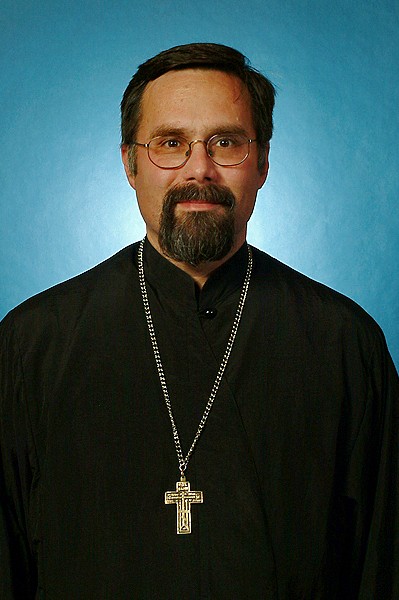The Legacy of St. Peter as Pope: Foundations of the Catholic Church
#### St. Peter as PopeThe figure of St. Peter as Pope holds a significant place in the history of Christianity and the development of the Catholic Church. A……
#### St. Peter as Pope
The figure of St. Peter as Pope holds a significant place in the history of Christianity and the development of the Catholic Church. As one of the twelve apostles of Jesus Christ, St. Peter is often regarded as the first pope, a title that carries immense weight in the Catholic tradition. His leadership, teachings, and martyrdom laid the groundwork for the papacy and established a lineage that continues to this day.
St. Peter, originally named Simon, was a fisherman from Galilee. His encounter with Jesus marked a turning point in his life, leading to his eventual role as a foundational leader of the early Christian community. According to the New Testament, Jesus bestowed upon Peter the name "Cephas," meaning "rock," signifying his role as the rock upon which the church would be built. This metaphorical foundation is crucial for understanding the authority and responsibilities that would come to define the papacy.
#### The Role of St. Peter in the Early Church
As the early church began to form, St. Peter as Pope emerged as a central figure in guiding and nurturing the fledgling Christian community. He is credited with delivering powerful sermons, performing miracles, and providing spiritual leadership. The Acts of the Apostles recounts how Peter played a key role in the Pentecost, where he preached the gospel and baptized thousands, marking a significant expansion of the Christian faith.

His leadership was not without challenges. The early church faced persecution, theological disputes, and the need for organizational structure. St. Peter's ability to navigate these challenges demonstrated his commitment to the teachings of Jesus and his dedication to the community of believers. His letters, known as the Epistles, provide insight into the theological issues of the time and offer guidance to early Christians on living a life of faith.
#### St. Peter's Martyrdom and Its Significance
The martyrdom of St. Peter as Pope is a pivotal moment in Christian history. Tradition holds that Peter was crucified upside down in Rome, a testament to his unwavering faith and willingness to suffer for the cause of Christ. This act of martyrdom not only solidified his status as a saint but also reinforced the idea of the papacy as a position of sacrifice and service.
The location of Peter's burial site is believed to be beneath St. Peter's Basilica in Vatican City, which has become a pilgrimage site for millions of Catholics worldwide. The basilica itself stands as a symbol of the continuity and authority of the papacy, tracing its roots back to St. Peter.

#### The Impact of St. Peter's Legacy on the Papacy
The legacy of St. Peter as Pope is felt throughout the centuries, influencing the role of subsequent popes and the structure of the Catholic Church. His example of leadership, humility, and devotion to Christ set a standard for those who would follow in his footsteps. The concept of apostolic succession, which asserts that each pope is a successor to St. Peter, is foundational to the Catholic understanding of authority and governance within the church.
Moreover, the teachings and traditions established during Peter's time continue to shape the doctrines and practices of the Catholic faith. The emphasis on the papacy as a source of unity and moral guidance remains a central tenet of Catholic identity.
#### Conclusion

In conclusion, St. Peter as Pope represents not just the beginning of the papacy but also the enduring influence of his life and teachings on the Catholic Church. His journey from fisherman to the leader of the early church exemplifies the transformative power of faith and the importance of strong leadership in times of adversity. As the Catholic Church continues to navigate the complexities of the modern world, the legacy of St. Peter serves as a reminder of the foundational principles of love, service, and commitment to the teachings of Christ.